It is believed that carbon dioxide emissions into the atmosphere are mainly regulated by ‘direct’ economic instruments - the carbon tax and the Emissions Trading System (ETS). However, a comparative analysis has shown that ‘indirect’ instruments, such as excise taxes on motor fuel and other energy taxes, did not yield any lesser impact than their ‘direct’ counterparts, and, over time, were even more effective. This is the conclusion drawn by HSE researcher Ilya Stepanov in his article, ‘Taxes in the Energy Sector and Their Role in Reducing Greenhouse Gas Emissions’.
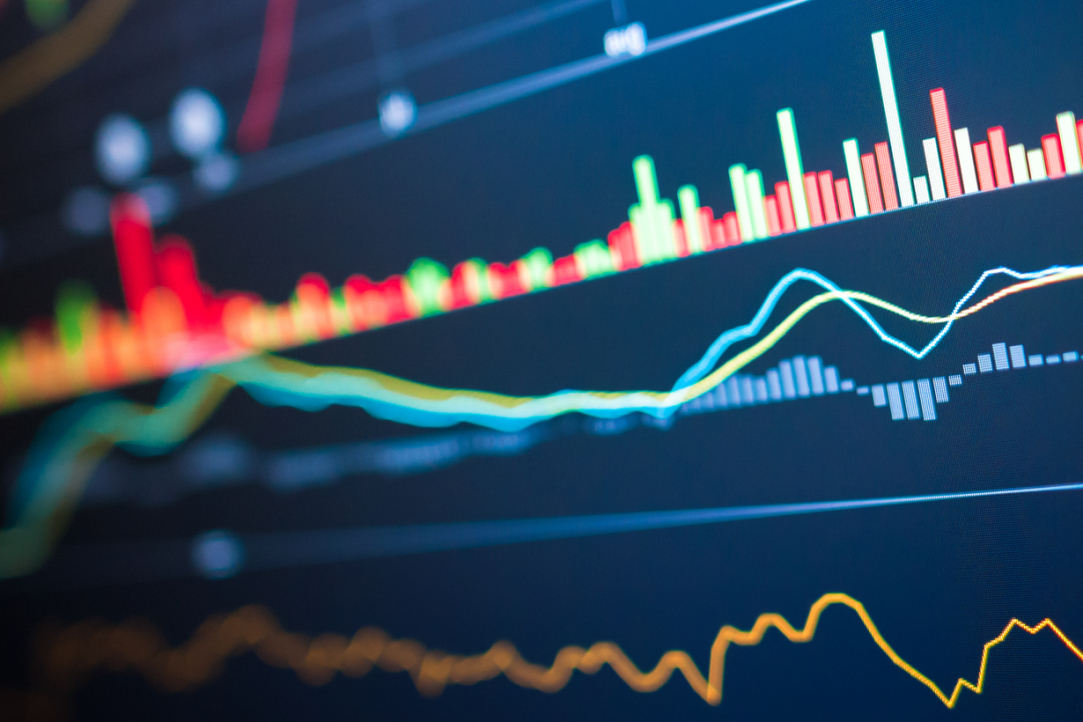

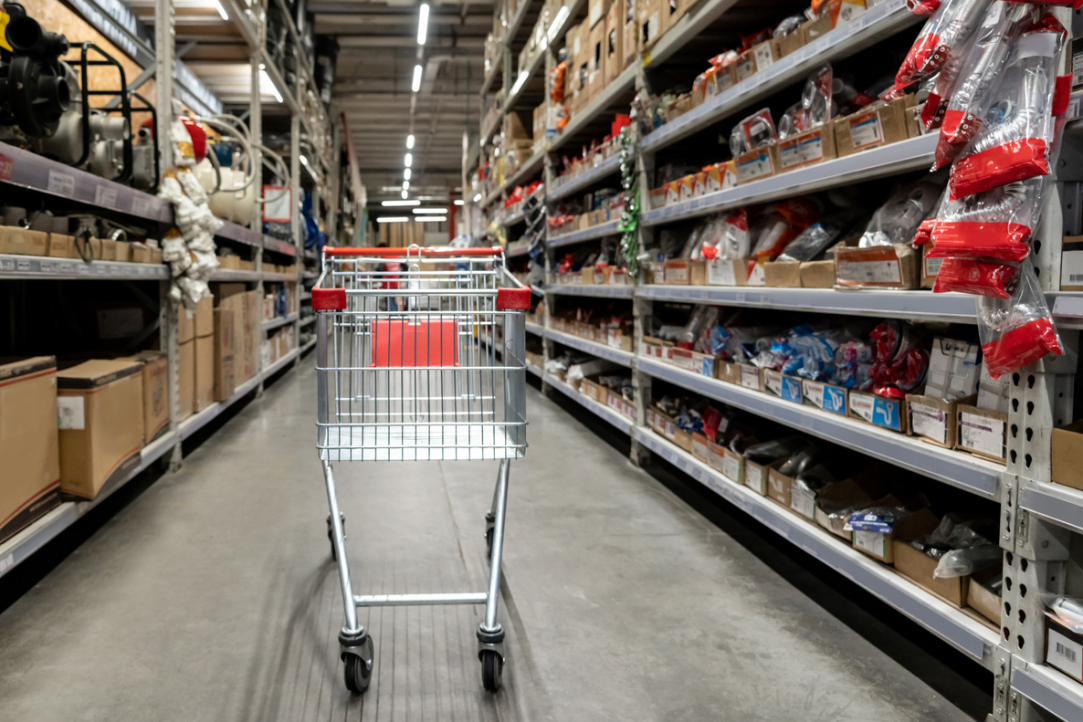
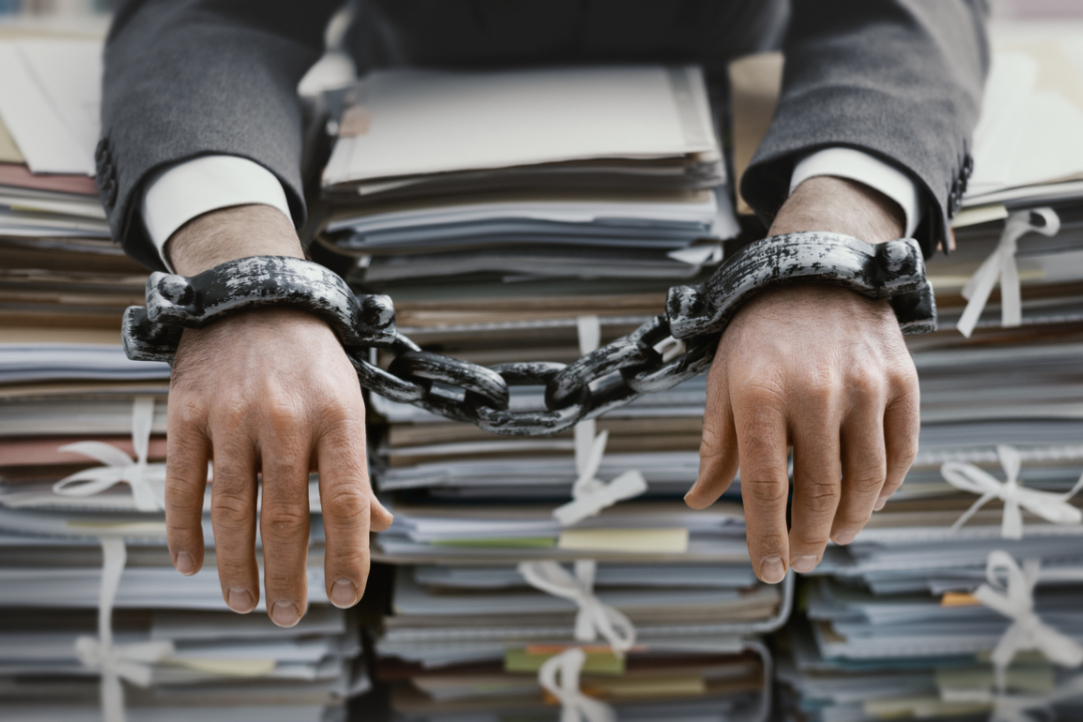
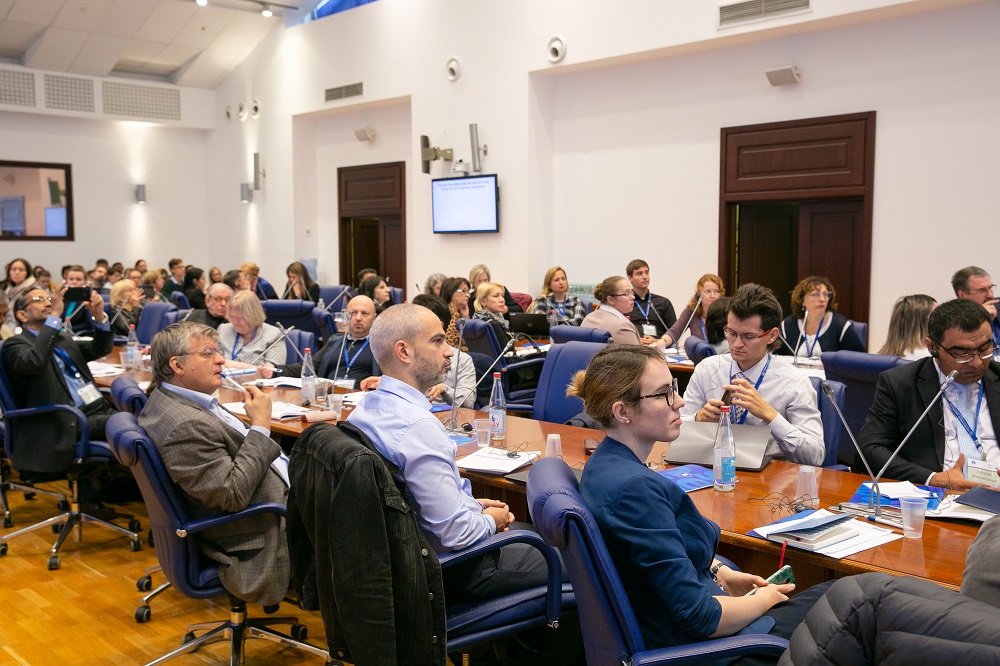
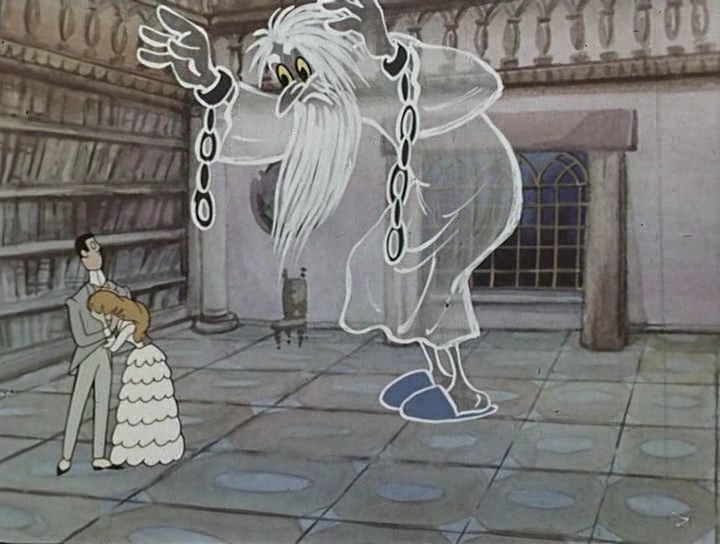
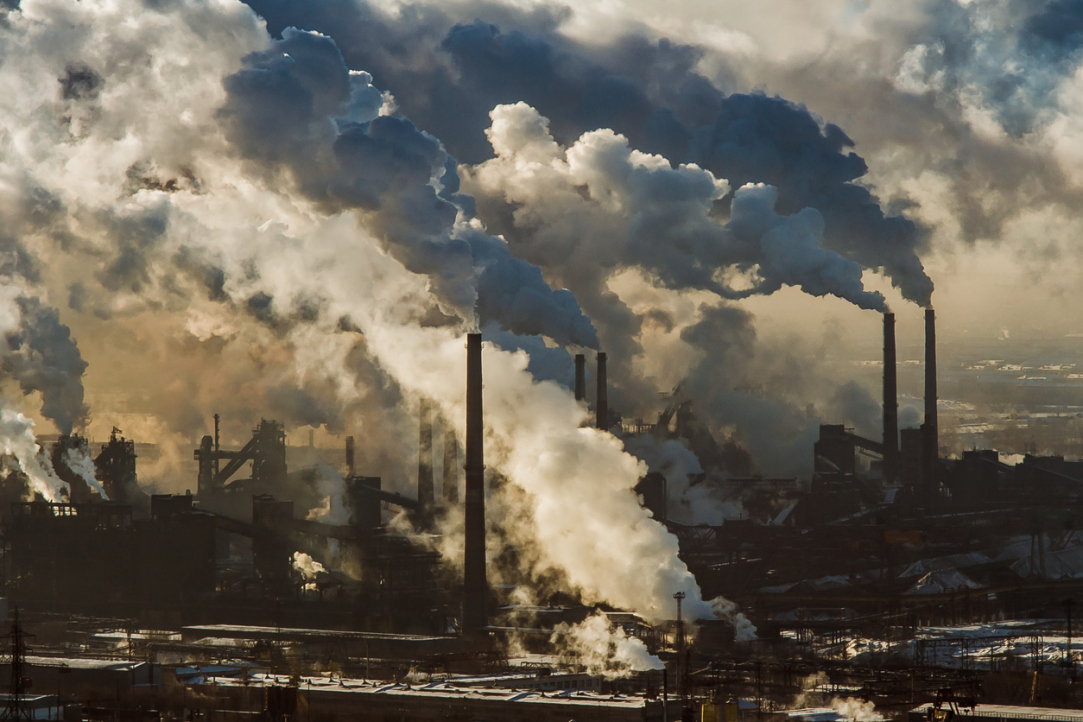

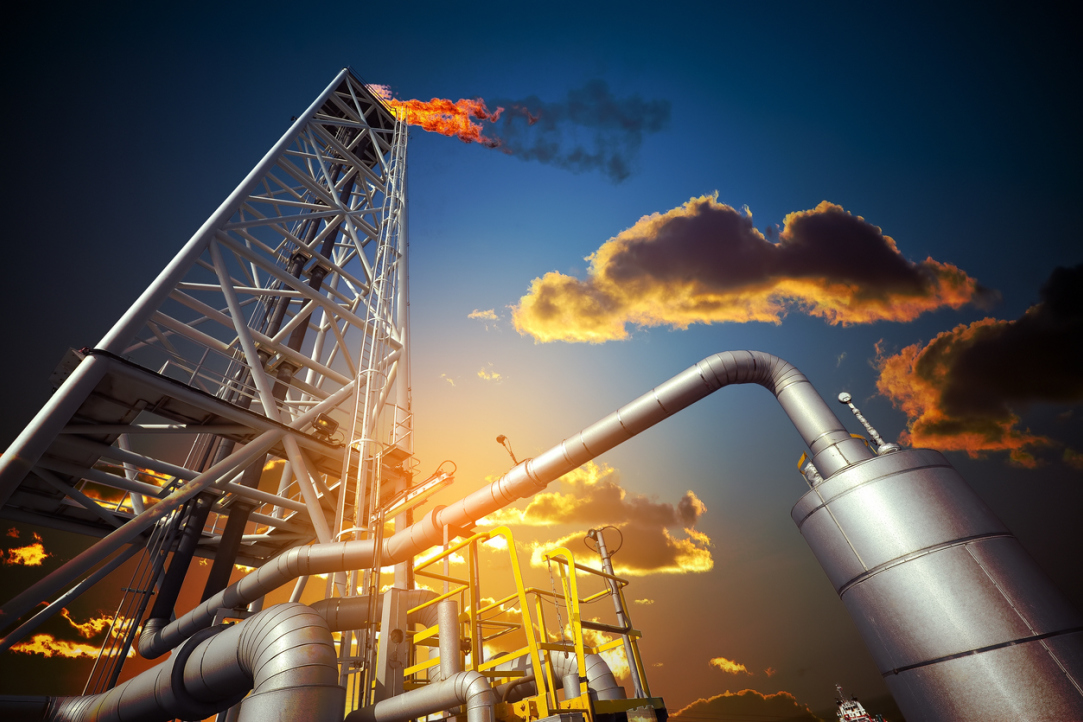
.jpg)
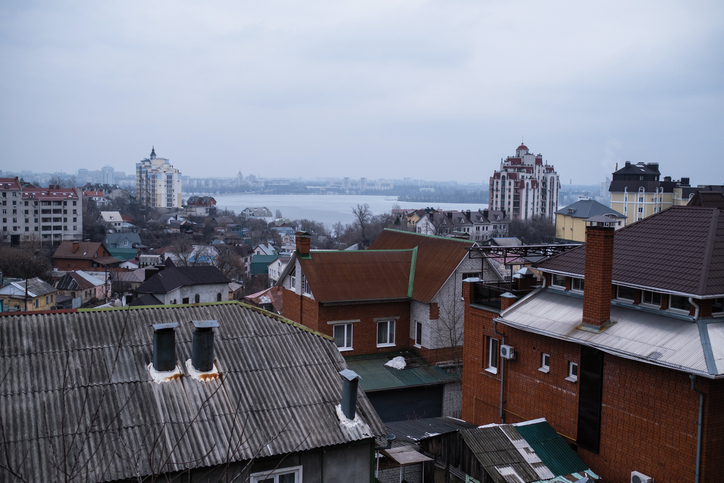








.jpg)
